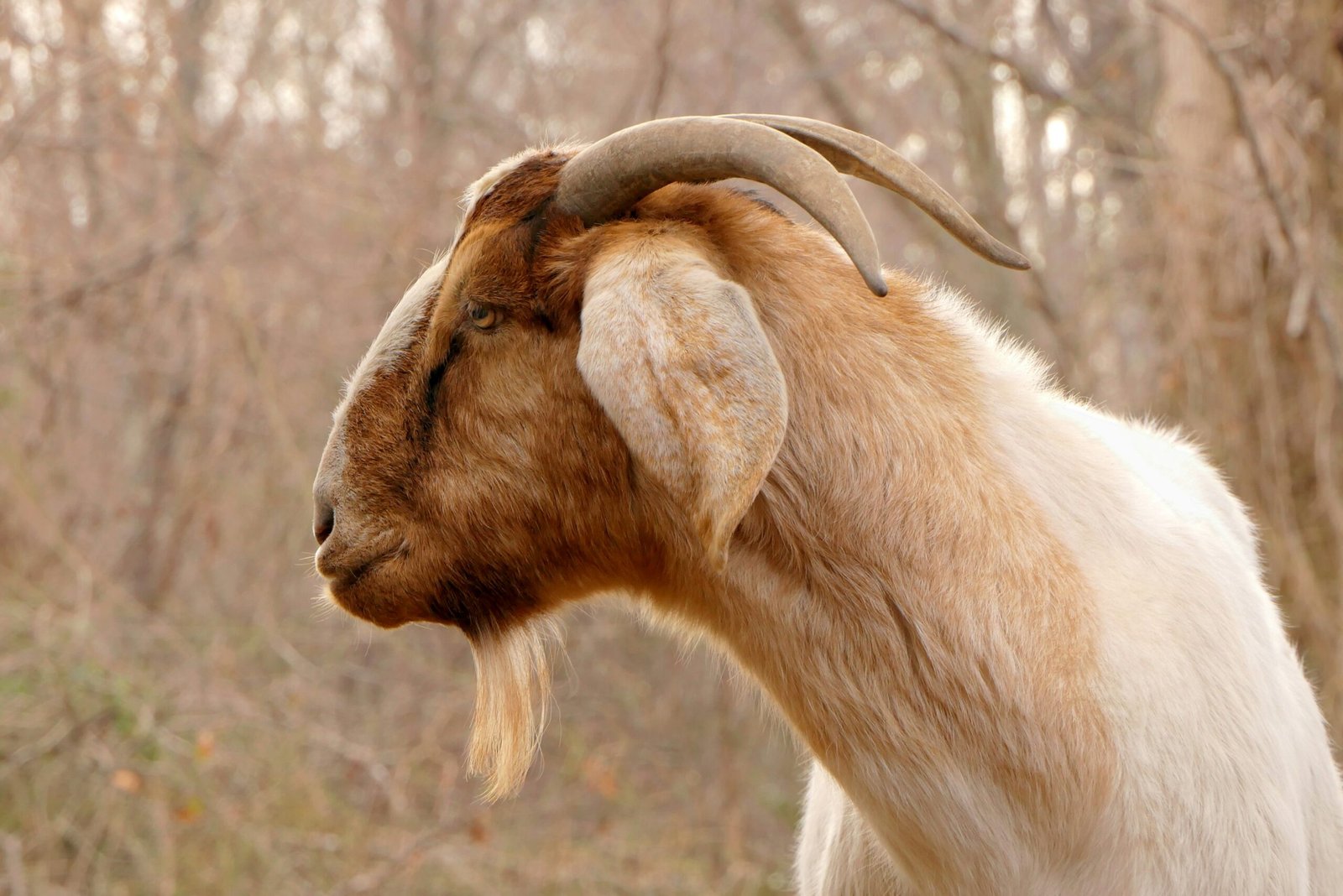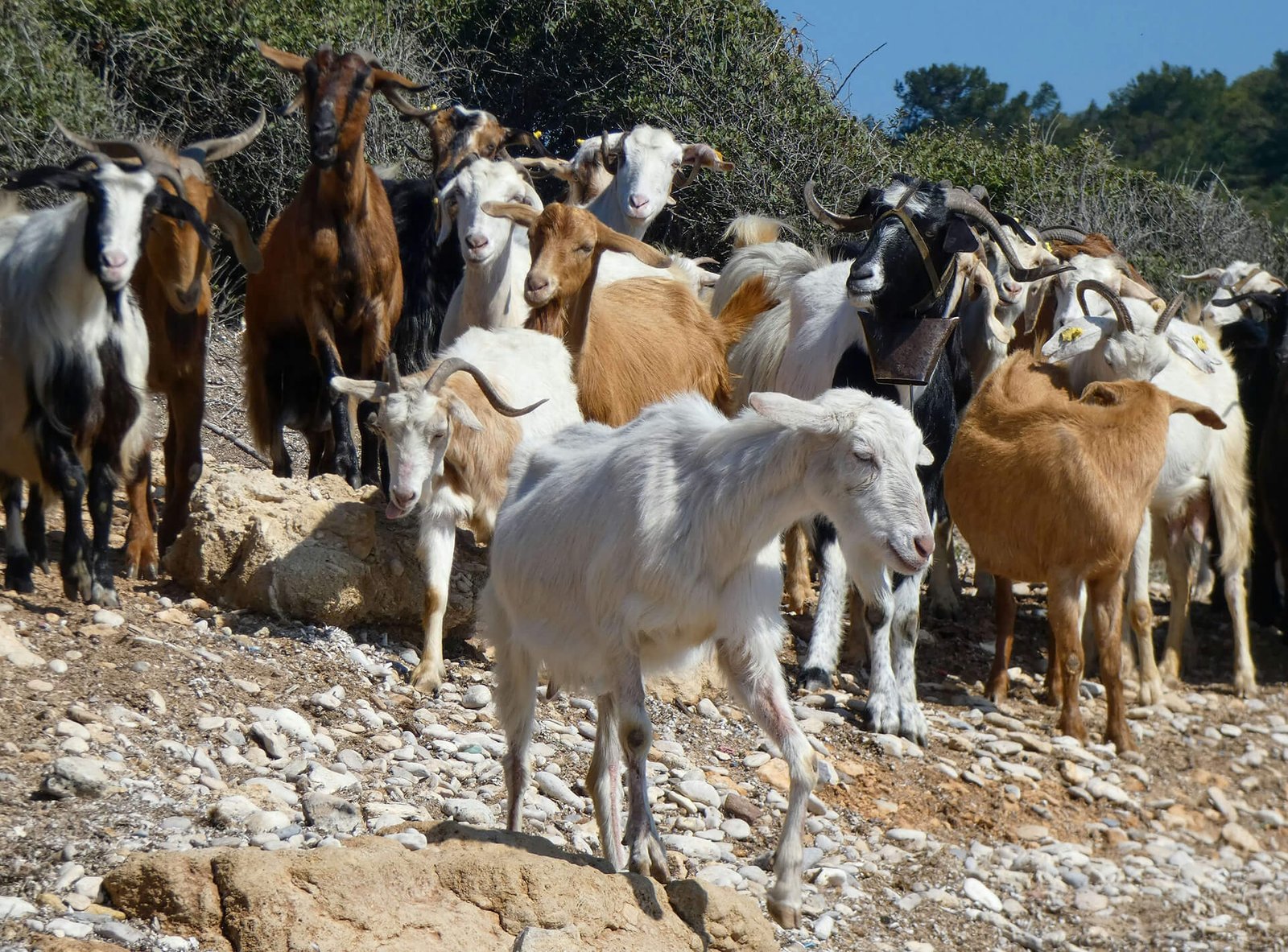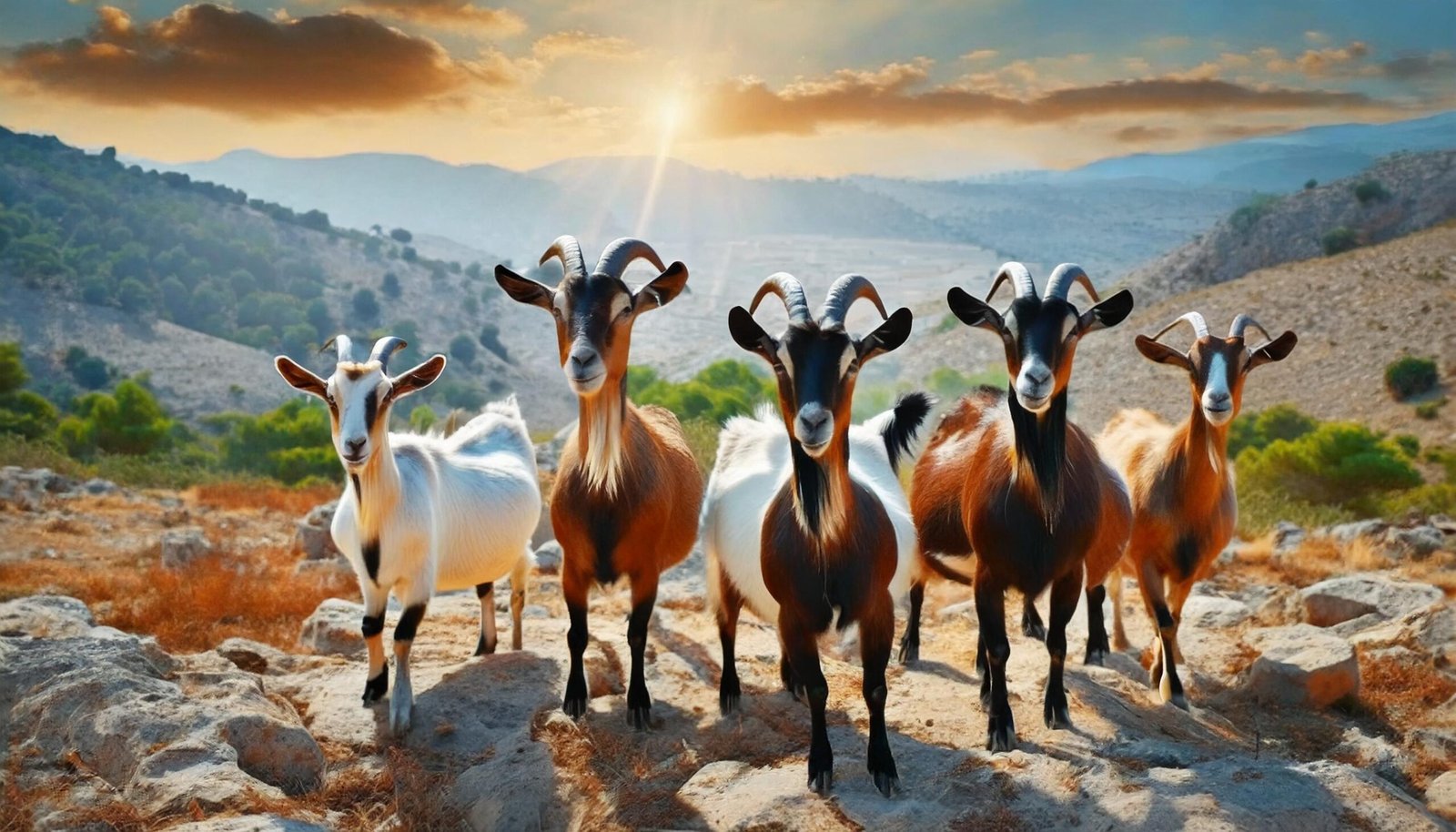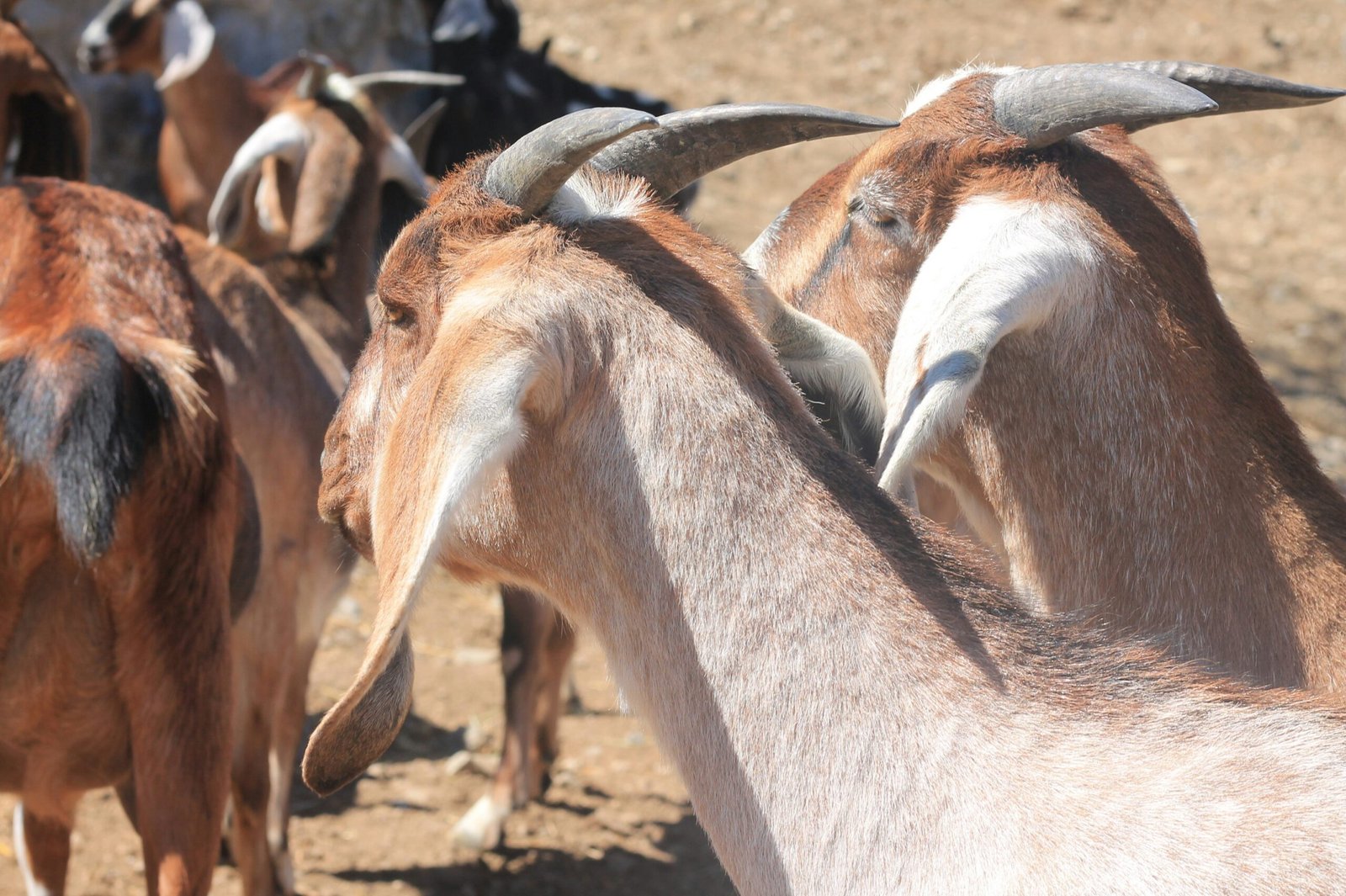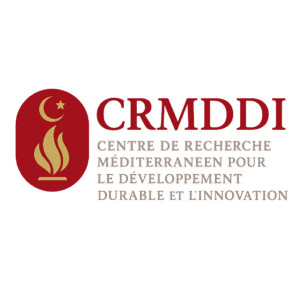In an increasingly interconnected and transparent world, consumers, producers, and regulators demand greater accountability and trust in food systems. Nowhere is this more relevant than in the dairy sector, where ensuring product authenticity, animal welfare, and sustainable practices has become essential for competitiveness and market expansion. In Tunisia’s Siliana region, an innovative pilot project is demonstrating how blockchain traceability can revolutionize traditional goat and crossbreed dairy value chains, boosting both local livelihoods and export potential.
This use case, titled Blockchain in Dairy Supply Chains, explores the application of distributed ledger technology to document and verify each step of milk production from farm to table. By focusing on native crossbreeds with an average milk yield of 98 liters per month, the project aims to add value to local breeds, improve farm income, and build consumer confidence through transparent data sharing. Launched in 2021, this initiative has already begun to set a precedent for how emerging technologies can support sustainable agriculture in North Africa.
Why Traceability Matters
Traceability is the backbone of modern food safety and quality assurance systems. For dairy producers, it means having the ability to track and record key information about milk origin, animal health, feeding practices, and processing conditions. Traditional paper-based records can be fragmented, prone to error, or easily tampered with, undermining trust in labels and certifications.
Blockchain technology, however, provides a tamper-proof, decentralized database that allows every stakeholder in the supply chain — from farmers and cooperatives to processors, distributors, and consumers — to access a shared record of verified transactions. Each piece of data is time-stamped and encrypted, creating an immutable audit trail that can be traced back to the source.
In Tunisia, where dairy cooperatives and small-scale producers play a central role, blockchain offers a pathway to overcome challenges related to data management, fraud prevention, and compliance with international export standards.
Native Crossbreeds: An Undervalued Asset
Siliana’s pastoral landscapes are home to a variety of native crossbreeds that combine resilience, disease resistance, and adaptability to local forage resources. These goats, often managed under extensive or semi-extensive systems, are well-suited to Tunisia’s Mediterranean climate and rugged terrains.
Despite their hardiness, native crossbreeds have historically been undervalued in formal markets, partly due to inconsistent quality control and limited branding. Their milk, averaging 98 liters per month, is typically sold fresh or used to make local cheeses and yogurts, but without verified origin or quality guarantees, fetching lower prices compared to branded dairy products.
By integrating blockchain traceability, this project aims to elevate the market status of native crossbreeds, demonstrating that traditional breeds and modern technology can work hand in hand for higher value creation.
How Blockchain Traceability Works
In this use case, participating farms in Siliana have been equipped with simple digital tools: mobile apps for data entry, QR code labels, and cloud-based dashboards connected to a blockchain ledger. Here’s how the system works in practice:
- On the Farm: Farmers record daily data about each animal, including breed, age, health checks, vaccinations, and feeding routines. When milk is collected, its volume, fat content, and collection date are logged and linked to the animal’s digital profile.
- At the Collection Center: Milk from multiple farms is pooled, tested for quality, and assigned a batch QR code that references the farm-level data. This ensures traceability even when milk is processed collectively.
- During Processing: Each stage of cheese or yogurt production — pasteurization, fermentation, packaging — is recorded on the blockchain. Key parameters like temperature control, hygiene checks, and ingredient sourcing are logged in real time.
- In the Marketplace: Consumers purchasing finished products can scan the QR code on the packaging to view an interactive timeline showing where and how their dairy product was produced. They can see farm profiles, breed information, and sustainability indicators, building trust and loyalty.
Building Trust Across the Value Chain
One of the main benefits of blockchain in this context is trust building. Local cooperatives and processors gain stronger bargaining power by proving compliance with quality standards. Farmers are incentivized to maintain good practices because traceable records mean higher premiums for verified milk. For exporters, blockchain traceability aligns with stringent requirements in European and Middle Eastern markets, opening doors for new trade opportunities.
Additionally, regulators can use blockchain data to monitor animal health trends, respond swiftly to disease outbreaks, and ensure food safety compliance more efficiently than with paper trails.
Empowering Smallholders and Women Farmers
In Siliana, goat farming is deeply rooted in family agriculture, where women and youth play critical roles in daily animal care, milking, and processing. However, they often lack access to formal training or market information.
This blockchain pilot integrates capacity building and digital literacy training for rural households. Simple mobile interfaces in local dialects help ensure that farmers can input accurate data without needing advanced technical skills. By actively involving women in data recording and management, the project empowers them to participate more fully in cooperative decision-making and benefit directly from quality premiums linked to traceable, verified production.
Boosting Sustainability and Animal Welfare
Sustainability is at the heart of this use case. By promoting transparent records, blockchain discourages unsustainable practices such as overstocking, excessive antibiotic use, or improper feed sourcing. Farmers know that better animal welfare and feed management directly impact milk quality scores recorded on the blockchain — which in turn influence the price they receive.
The project’s sustainability score of 7 reflects this balance: robust traceability contributes to more responsible grazing, healthier animals, and reduced environmental impact, while also ensuring fair economic returns for producers.
Lessons Learned from the Pilot
Since its launch in 2021, the blockchain traceability pilot has yielded important insights:
- User Adoption: Simplicity is key. User-friendly apps and clear incentives (higher prices for verified milk) have driven active participation.
- Data Integrity: Combining farmer-reported data with periodic independent audits helps ensure accuracy and prevent intentional data manipulation.
- Cost Considerations: While blockchain implementation costs have dropped thanks to open-source platforms and cloud services, initial setup requires external funding or cooperative pooling to remain affordable for smallholders.
Market Impact and Consumer Reception
Early consumer surveys in urban Tunisian markets and among niche organic retailers have shown strong interest in traceable local dairy products. Shoppers appreciate knowing that their cheese or yogurt comes from well-managed herds and supports local rural communities.
Exporters targeting European buyers see traceability as a key differentiator in a competitive dairy market. Pilot batches with blockchain verification have already been tested for premium distribution channels.
Scaling Up and Future Prospects
Building on these successes, stakeholders in Siliana plan to expand blockchain traceability to other livestock value chains, including sheep and cow dairy, and to develop certification labels that combine blockchain data with sustainability and animal welfare indicators.
There is also growing interest in integrating blockchain with IoT sensors, for automated data collection on milk temperature, storage conditions, and transport logistics — further strengthening the integrity of the traceability system.
At the policy level, lessons from Siliana are informing national discussions on digital agriculture, data governance, and rural innovation incentives.
A Model for Transparent, Sustainable Dairy
The Blockchain in Dairy Supply Chains use case is more than a technological experiment; it’s a practical model for making traditional livestock farming more competitive and sustainable in the digital age. It demonstrates how small-scale producers can harness cutting-edge tools to deliver quality-assured products, strengthen rural economies, and meet rising consumer demands for ethical and traceable food.
For Tunisia, this innovation aligns with broader goals of enhancing food security, promoting export diversification, and empowering rural communities. By showing how native crossbreeds can shine on premium markets when paired with digital trust, the project underscores the vital synergy between cultural heritage and modern technology.
As the project grows, it aims to inspire other Mediterranean regions to replicate its model, driving a future where blockchain traceability is not a luxury add-on but a standard feature in sustainable dairy supply chains worldwide.

